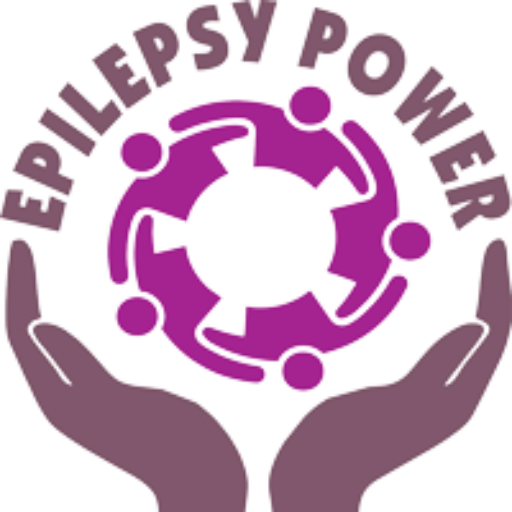- Introduction
- Section 1: Obstacles to better professional integration for people with disabilities, particularly epilepsy
- Section 2: The international legal framework
- Section 3: The european legal framework
- Section 4: Equal opportunity rights in Italy
- Section 5: Equal opportunity rights in Bulgaria
- Section 6: Equal opportunity rights in Ireland
- Section 7: Equal opportunity rights in Germany
- Section 8: Equal opportunity rights in France
- Section 9: Summary of key points concerning legislation to promote the professional integration of disabled people in Italy, Bulgaria, Ireland, Germany and France.
- Concluding remarks
- Quiz
Legislation on the integration of disabled people into the workforce varies from country to country, but there are some common features and key points to bear in mind in several European countries, including Italy, Bulgaria, Ireland, Germany and France.
Prohibition of Discrimination:
- Italy: Italian legislation prohibits discrimination on the grounds of disability, notably through law no. 68/1999, which promotes the employment of disabled people.
- Bulgaria: The Protection against Discrimination Act prohibits all forms of discrimination against people with disabilities.
- Ireland: The Employment Equality Acts 1998-2015 prohibit direct and indirect discrimination based on disability.
- Germany: The General Equal Treatment Act (Allgemeines Gleichbehandlungsgesetz) prohibits discrimination on the grounds of disability.
- France: Law no. 2005-102 on equal rights and opportunities, participation and citizenship for people with disabilities prohibits discrimination.
Reasonable accommodation :
- Italy: Employers are required to adopt measures to enable disabled people to work, taking into account their specific needs.
- Bulgaria: Legislation requires employers to adapt working conditions for people with disabilities.
- Ireland: Employers must provide reasonable accommodation unless it imposes a disproportionate burden.
- Germany: Employers must provide reasonable accommodation for people with disabilities, unless this entails disproportionate costs.
- France: Employers must take the necessary steps to adapt the workplace to the needs of disabled people.
Employment quotas :
- Italy: Law no. 68/1999 requires companies with more than 15 employees to hire a certain percentage of disabled workers.
- Bulgaria: Companies with more than 50 employees must hire disabled workers, according to specific quotas.
- Ireland: There is no specific quota, but there are incentives for hiring disabled people.
- Germany: Companies with more than 20 employees must hire 5% of disabled people.
- France: Companies with more than 20 employees must employ at least 6% disabled workers.
Support and subsidies :
- Italy: Employers can receive subsidies for adapting workstations and hiring disabled workers.
- Bulgaria: There are subsidies and support programs for employers who hire disabled people.
- Ireland: The Reasonable Accommodation Fund and the Wage Subsidy Scheme offer financial support for hiring and retaining disabled workers.
- Germany: Subsidies and tax incentives are available for employers who hire disabled people.
- France: The Association de gestion du fonds pour l’insertion des personnes handicapées (AGEFIPH) offers financial assistance to employers for hiring disabled people.
Awareness and training :
- Italy: Awareness-raising and training programs for employers and employees.
- Bulgaria: Initiatives to make employers aware of the benefits of hiring disabled people.
- Ireland: Disability Awareness Support Scheme for disability awareness training.
- Germany: Awareness-raising and training programs for employers and employees.
- France: Awareness-raising actions and training programs to promote the integration of disabled people.
Reflection exercise: Which country(ies) is (are) the most advanced in terms of inclusion of people with epilepsy? How can your country make progress, and what are the markers of progress in terms of inclusion?
